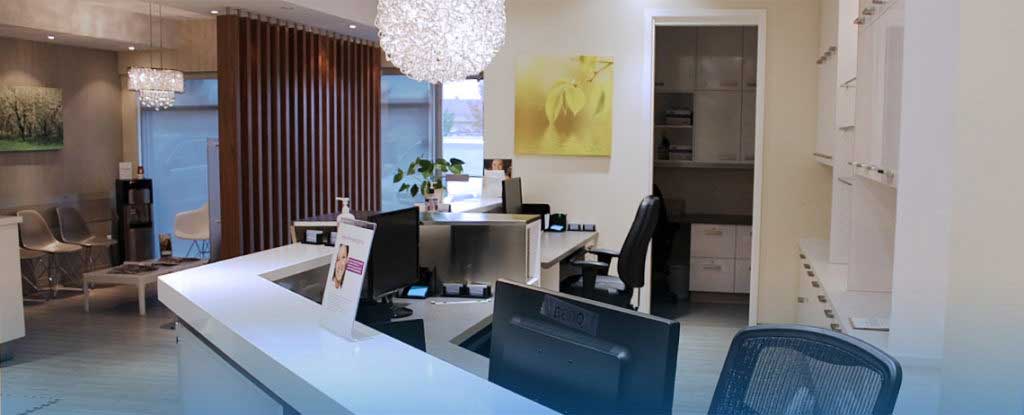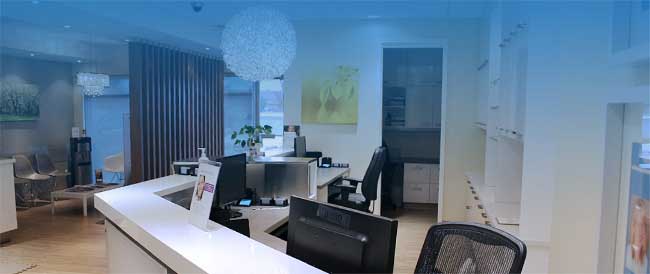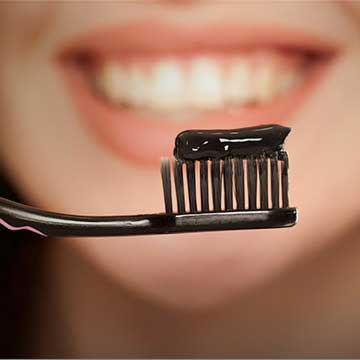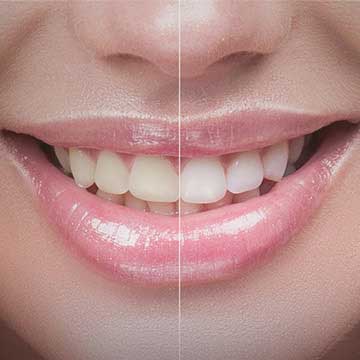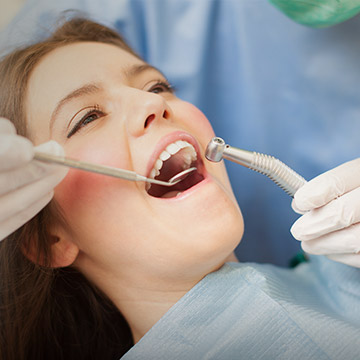Visiting the dentist can be a stressful experience. From the library of different tools used during your appointment to the possibility of finding something wrong that could take years to treat, it’s not surprising that many patients miss their appointments because of how anxious the dentist makes them feel.
But dental anxiety is something dentists have been studying for quite a long time. Many different dentists have employed various techniques to keep their patients happy and comfortable during their appointments, one of them being sedation.
Sedation dentistry is not uncommon (many patients require it to undergo long and invasive procedures), but what about sedation as a tool to help calm dental anxiety? Today, we’re going to look at what dental anxiety is, how it can affect your health, and what sedation can do to help keep you calm and relaxed during your appointment.

Why Are People Afraid of the Dentist?
Dental anxiety can stem from any number of reasons; from traumatic experiences in the past, to a strained doctor-patient relationship. Whatever the cause may be, the result is usually the same: decreased appointment attendance.
While you may think you’re dodging a stressful experience by ignoring your dentist’s emails and phone calls, it can increase your risk of developing more serious problems, including:
Dental anxiety is common. Nearly 40% of Canadians experience an intense fear of the dentist.
There is good news, though. Since the 1970s, dental exam attendance has risen to 75% for annual patients and 86% for patients visiting every 2 years.
However, these numbers can climb even higher if dental practices use strategies to help curb anxiety in patients, one of these strategies being sedation dentistry.
What is Sedation Dentistry?
Many patients avoid coming to the dentist because of the fear of experiencing pain during their appointment. Even still, experiencing pain may be unavoidable, depending on their oral health. To manage this, one solution dentists have looked at is sedation.
Sedation dentistry is a practice used by many dentists around the world. There are a couple of different types of sedation dentists could offer: conscious sedation and non-conscious sedation.
Conscious Sedation
Conscious sedation is a method that allows the patient to maintain a certain level of consciousness during the appointment so they can respond to questions and demands from the dentists.
Depending on the dentist, they can offer multiple ways to provide this, including:
- Oral sedation, which takes the form of a sedative pill the patient takes before the appointment.
- Inhalation sedation, which has the patient inhaling nitrous oxide. This is one of the most common forms of sedation because dentists have more control over how sedated the patient is.
- IV sedation is considered the most powerful and is often used to treat patients with high levels of anxiety or for long and invasive appointments.
Non-Conscious Sedation
Non-conscious sedation, also known as general anesthesia, causes the patient to enter a deep state sleep that makes them completely unresponsive to pain or any other sensation. The patient will also need breathing assistance under this type of sedation.
Following the appointment, the patient will not have any memory of their procedure and will often leave in a dazed or groggy state for a few hours.
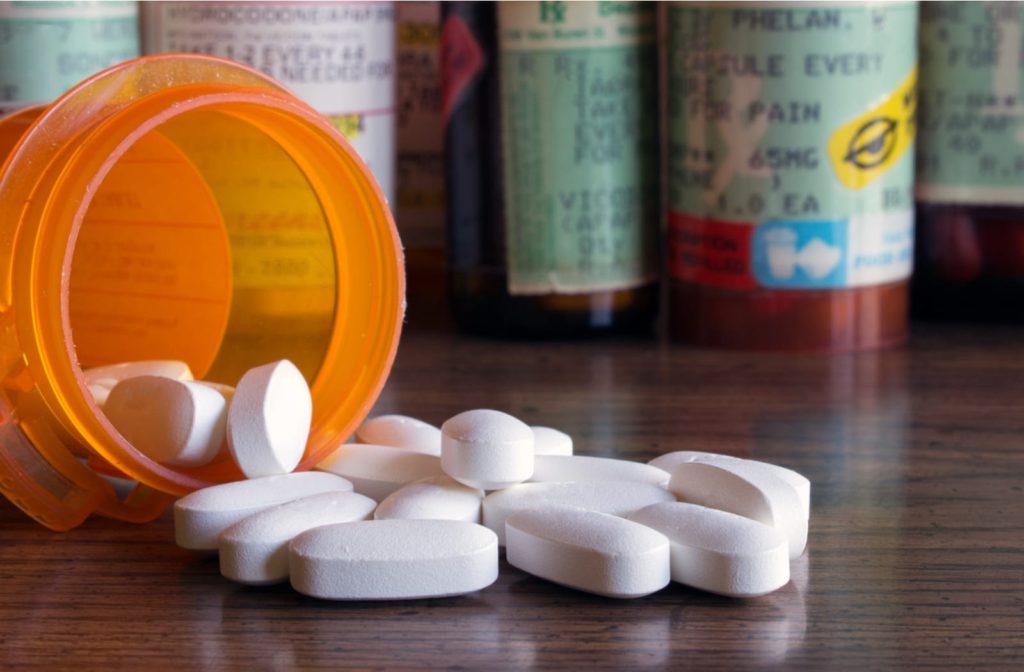
Risks of Sedation Dentistry
Even if sedation dentistry seems like an excellent option for you, you still need to be healthy enough to be sedated safely. Before your appointment, you will have a conversation with your dentist about your medical history to see if sedation is safe for you.
Patients with sleep apnea and obesity have a higher risk of developing problems while under sedation. Your dentist will also need a detailed list of any medications you may be taking as some of them could also affect how safe sedation is for you.
Is Sedation Dentistry Right For You?
If visiting the dentist makes you feel uncomfortable and anxious, consider being sedated for your appointments. Please speak to your dentist beforehand to ensure you’re healthy enough for sedation dentistry and to help you understand any risks involved with this type of procedure.


